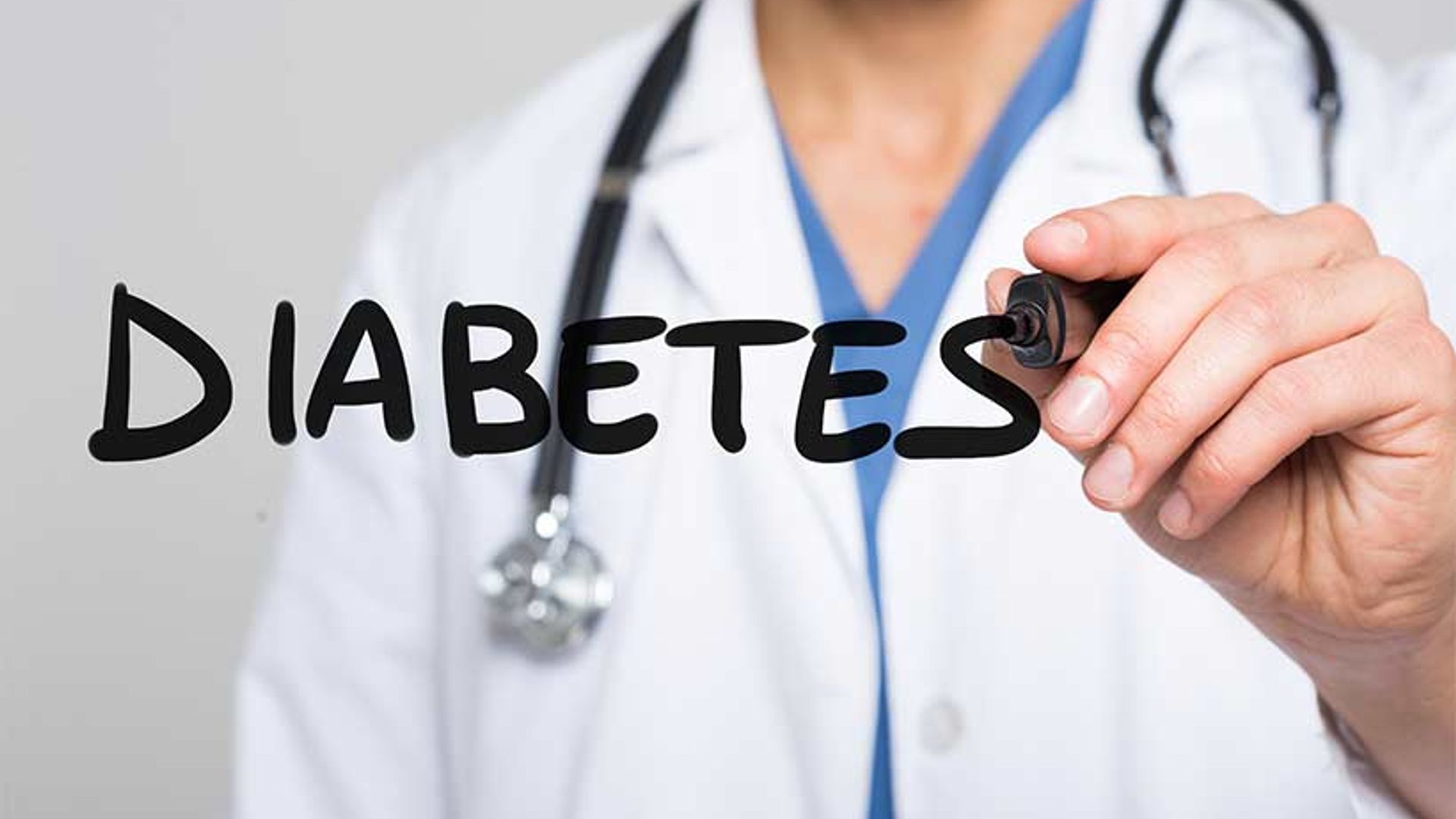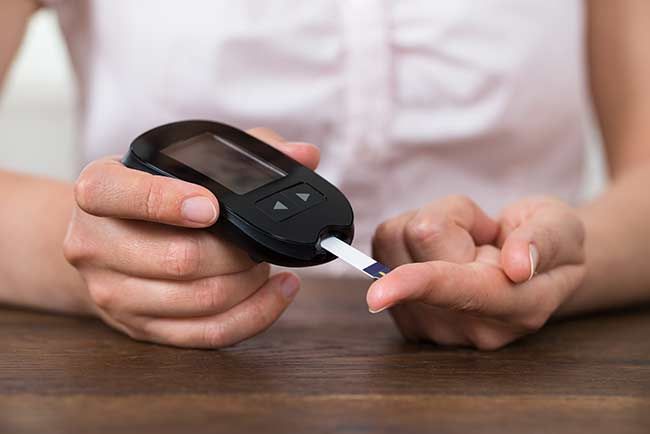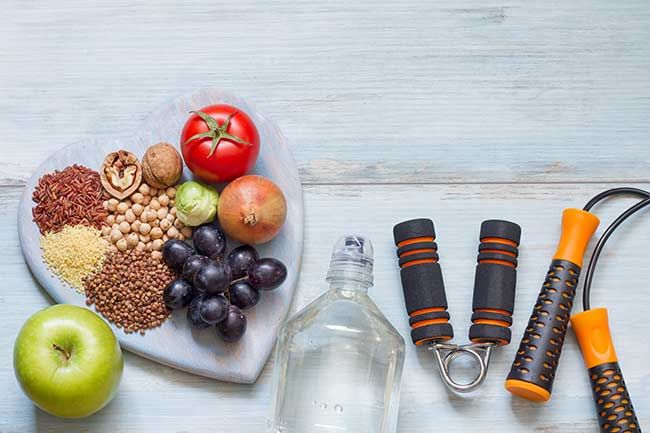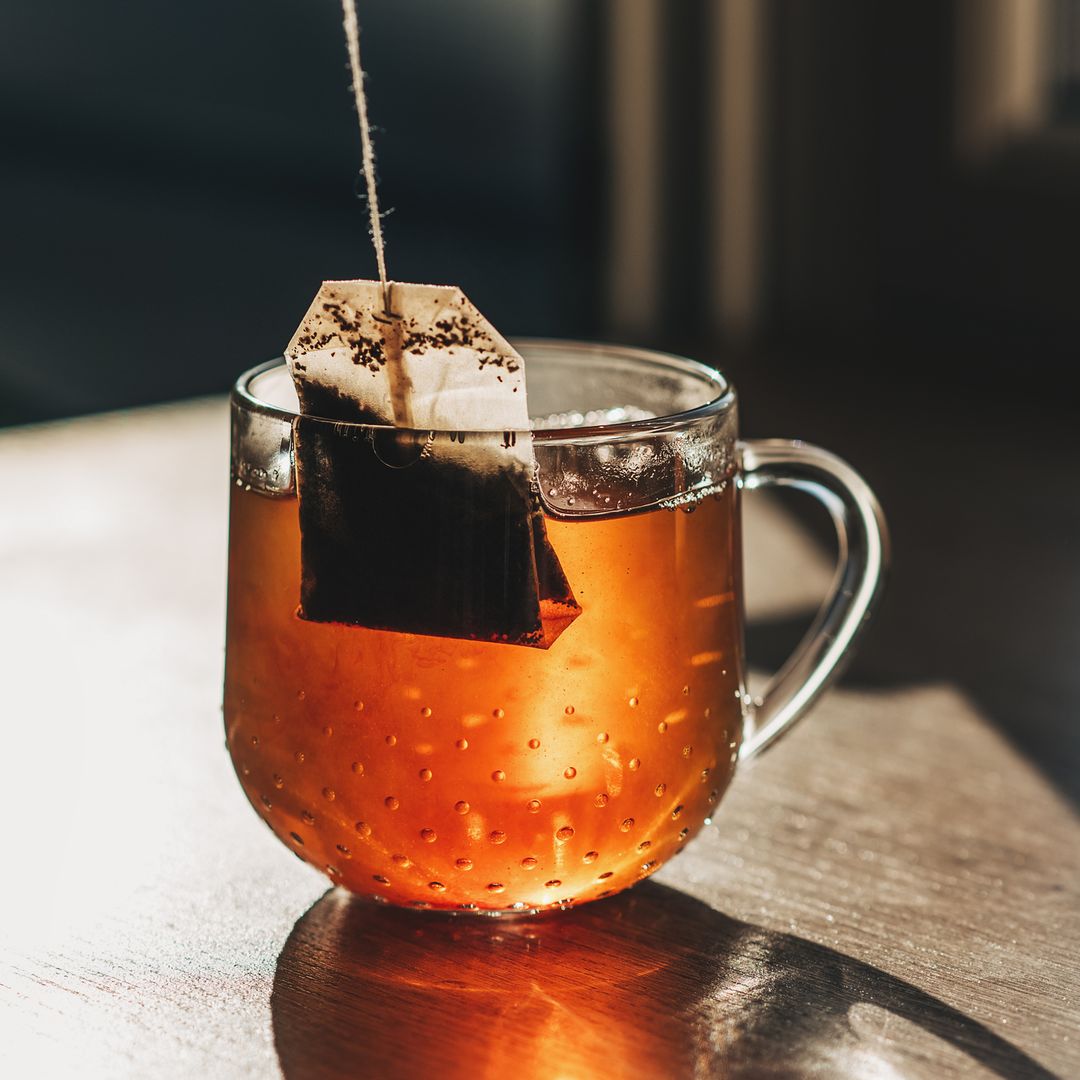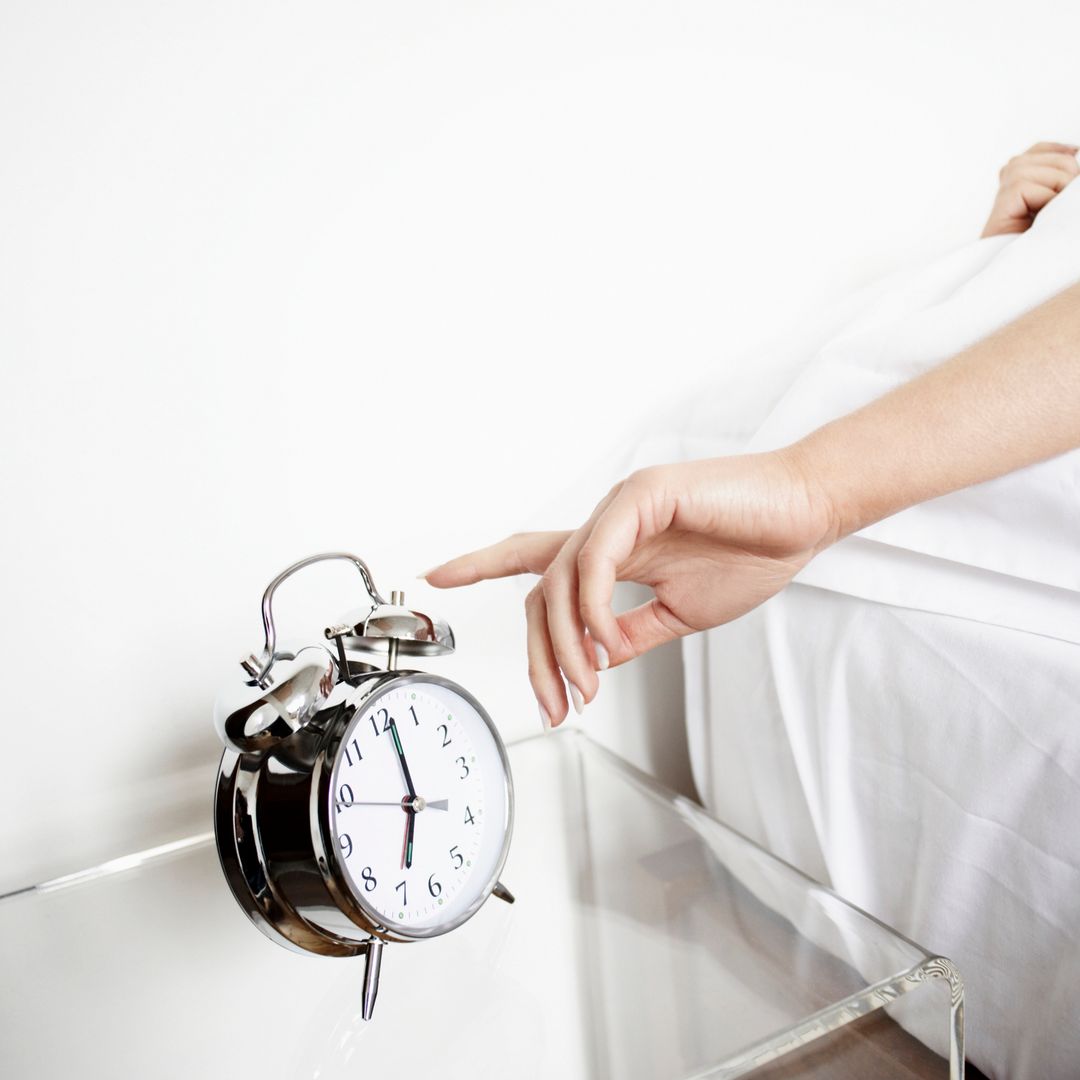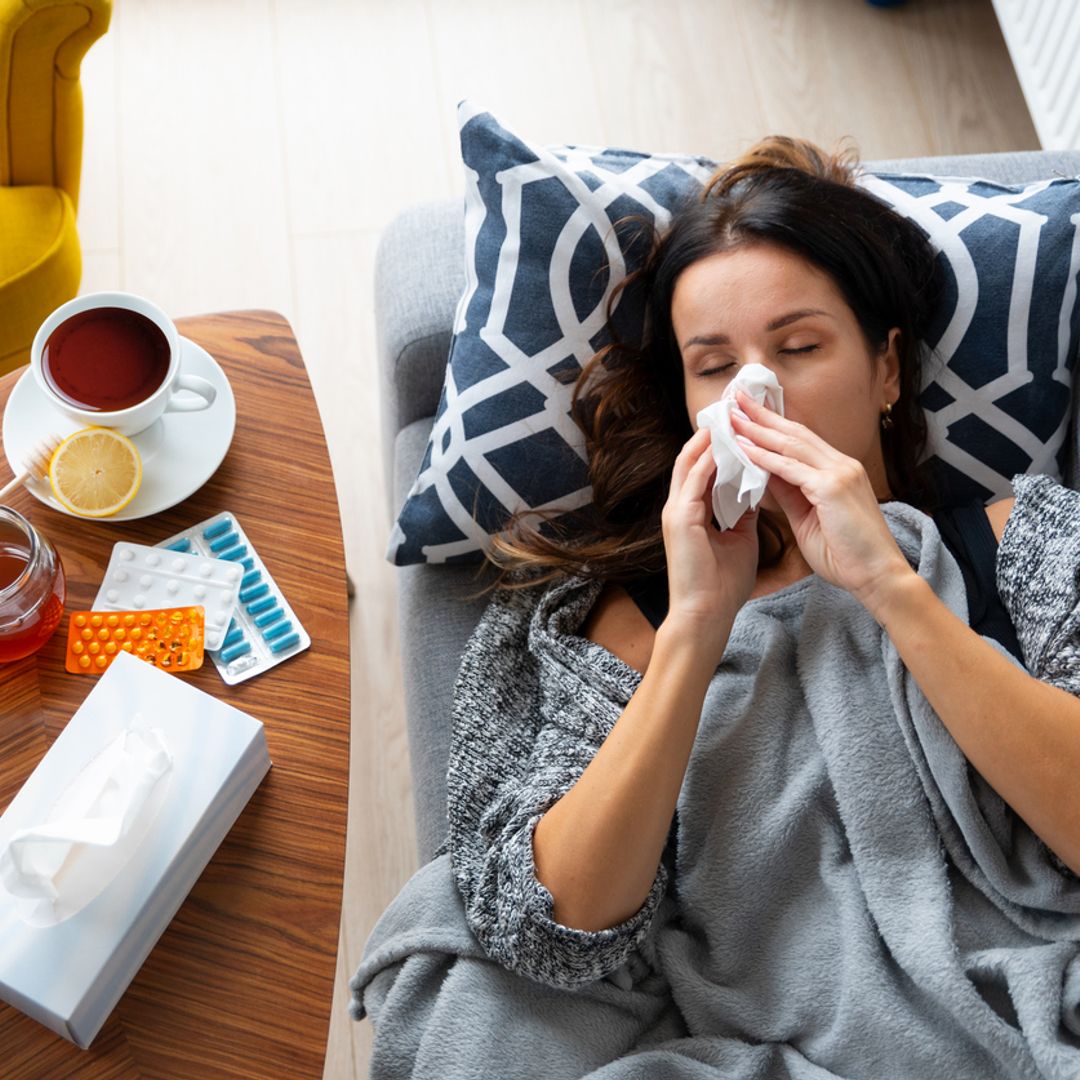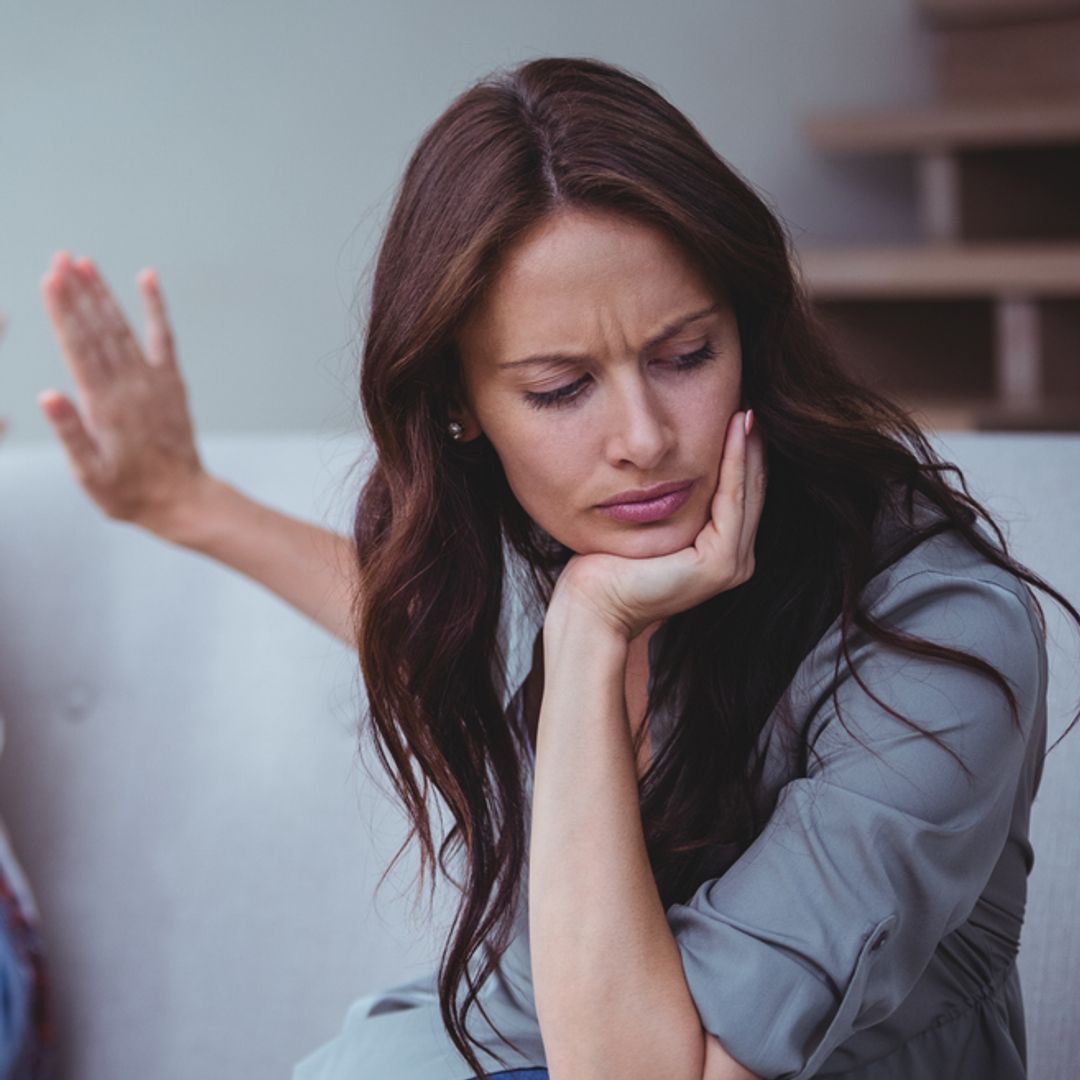Around 4.5 million people have diabetes in the UK, with the number expected to increase to five million by 2025. Of those living with the condition, about ten per cent of people have Type 1 diabetes, while a staggering 90 per cent have Type 2 diabetes. It is also estimated that there are a further 1.1 million people with undiagnosed Type 2 diabetes. So what are the symptoms of the condition and how is it treated? We break down everything you need to know this Diabetes Week 2018…
What is Type 1 diabetes?
Type 1 diabetes develops when the insulin-producing cells in the body have been destroyed and the body is unable to produce any insulin. Everyone with type 1 diabetes has to be treated with insulin.
STORY: Eat fruit every day to slash diabetes risk
What causes Type 1 diabetes?
While the exact cause is not known, the most likely cause is the body having an abnormal reaction to the cells, which can be triggered by a virus or infection. There is thought to be a genetic element to type 1 diabetes, and it can develop at any age but usually appears before the age of 40, and most commonly in late childhood.
What are the symptoms of Type 1 diabetes?
According to the NHS, people suffering with type 1 diabetes may suffer from the following symptoms:
- Feeling very thirsty
- Urinating more frequently than usual, particularly at night
- Feeling very tired
- Weight loss and loss of muscle bulk
- Blurred vision caused by the lens of your eye changing shape
- Slow healing of cuts and grazes
- Regular bouts of thrush
How is Type 1 diabetes diagnosed?
Visit your GP as soon as possible if you have any symptoms of diabetes. They will ask about your symptoms and may request blood and urine samples. Your urine sample will be tested for glucose. While urine doesn't normally contain glucose, it can pass from the kidneys into your urine if you have diabetes. If it does, a specialised blood test can be used to determine whether you have diabetes.
What is the treatment for Type 1 diabetes?
There is no cure for diabetes, so you will receive treatment to keep your blood glucose levels as normal as possible and to control your symptoms. As your body doesn't produce any insulin, you will need regular insulin treatment – either by injections or pump therapy – to keep your glucose levels normal.
MORE: Get healthy eating inspiration here
What is Type 2 diabetes?
Type 2 diabetes develops when the body still makes some insulin but not enough, or when the insulin produced does not work properly.
What causes Type 2 diabetes?
People are more likely to develop type 2 diabetes if they are overweight, have a large waist; have a close relative with diabetes; or are from an African-Caribbean, Black African, Chinese or South Asian background. Risk in these communities increases from the age of 25, and increases from the age of 40 in other communities.
MORE: See the latest health and fitness news here
What are the symptoms of Type 2 diabetes?
The main symptoms of Type 2 diabetes are similar to those suffered by people with Type 1 diabetes. However while the symptoms of Type 1 diabetes typically develop quickly over a few weeks, the symptoms of Type 2 diabetes are often mild and develop gradually over a number of years.
What is the treatment for Type 2 diabetes?
Lifestyle changes can prove incredibly beneficial in controlling symptoms and improving health in people with Type 2 diabetes. The first steps are to look at diet and lifestyle to ensure you are eating a healthy diet, exercising regularly and lose weight if you're overweight.
If you believe you may have diabetes or be at risk, it is important to seek professional medical advice from your GP.
